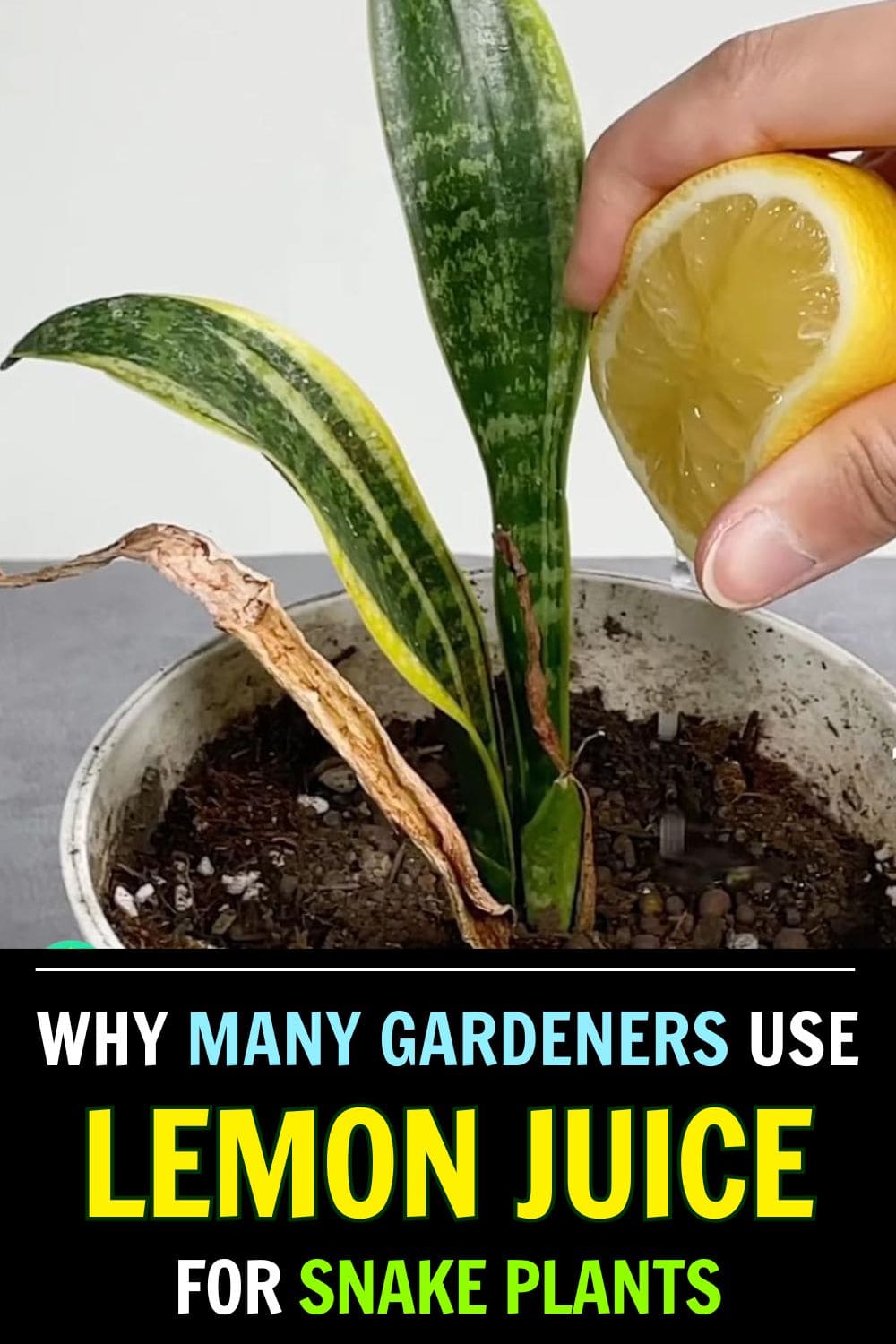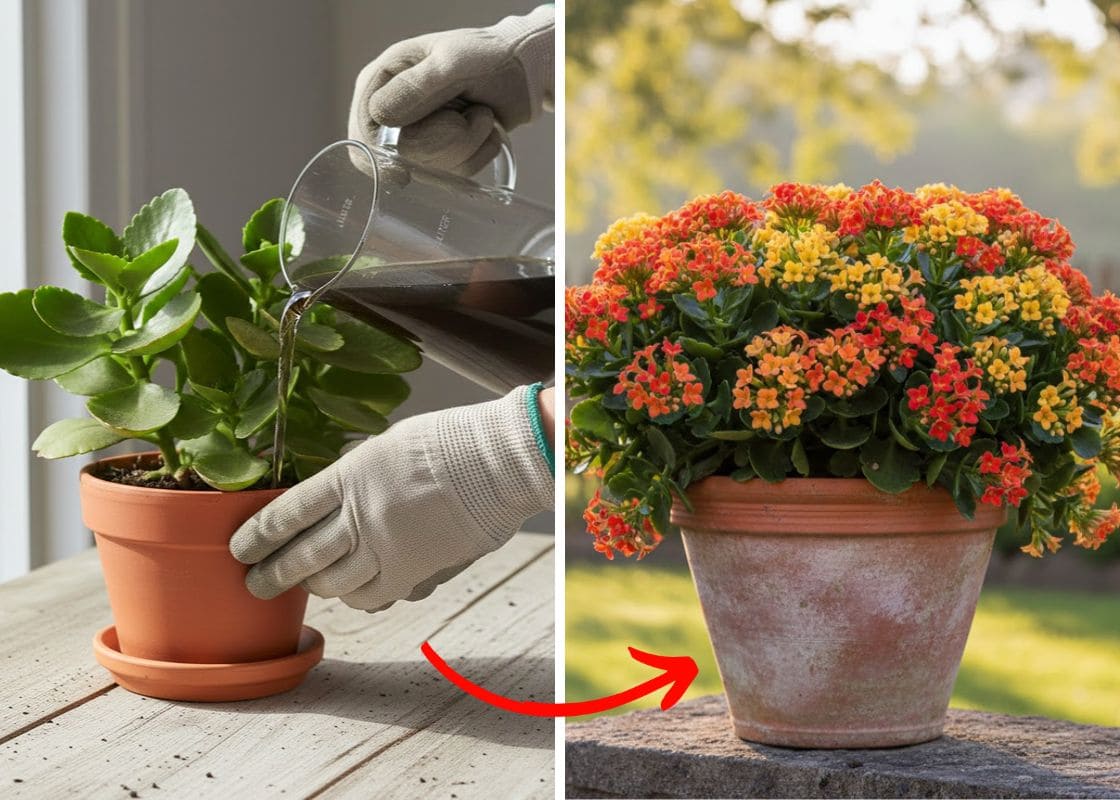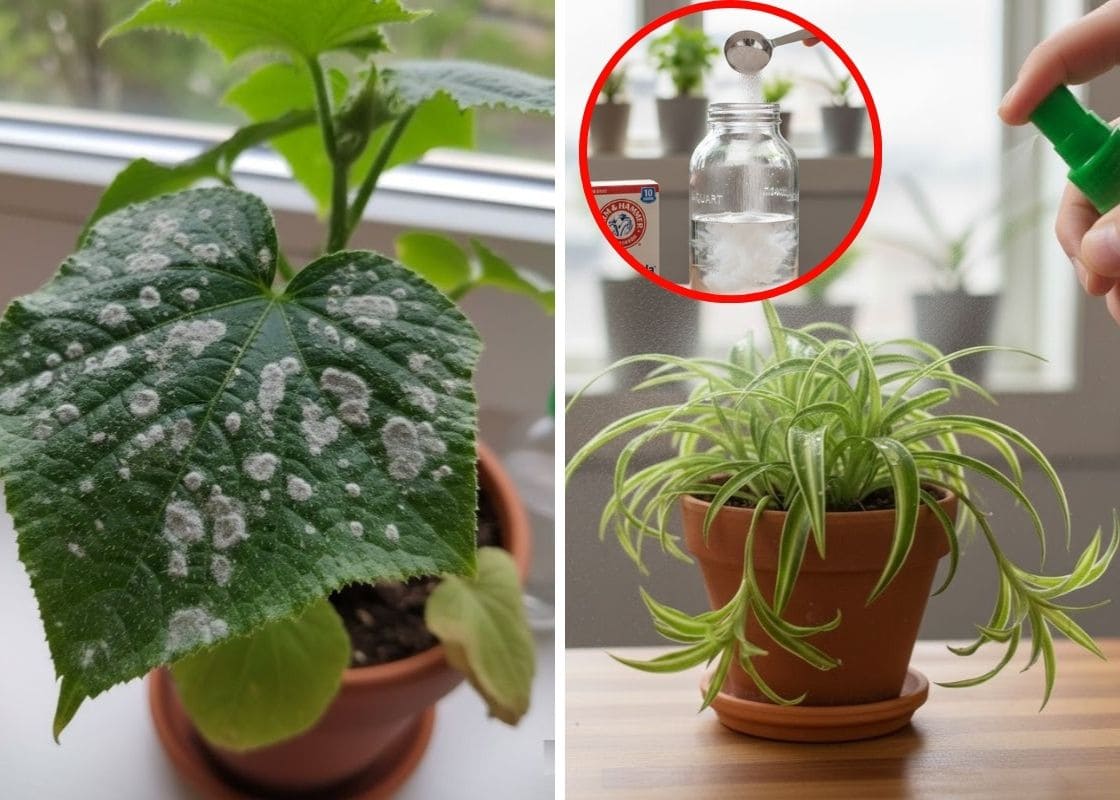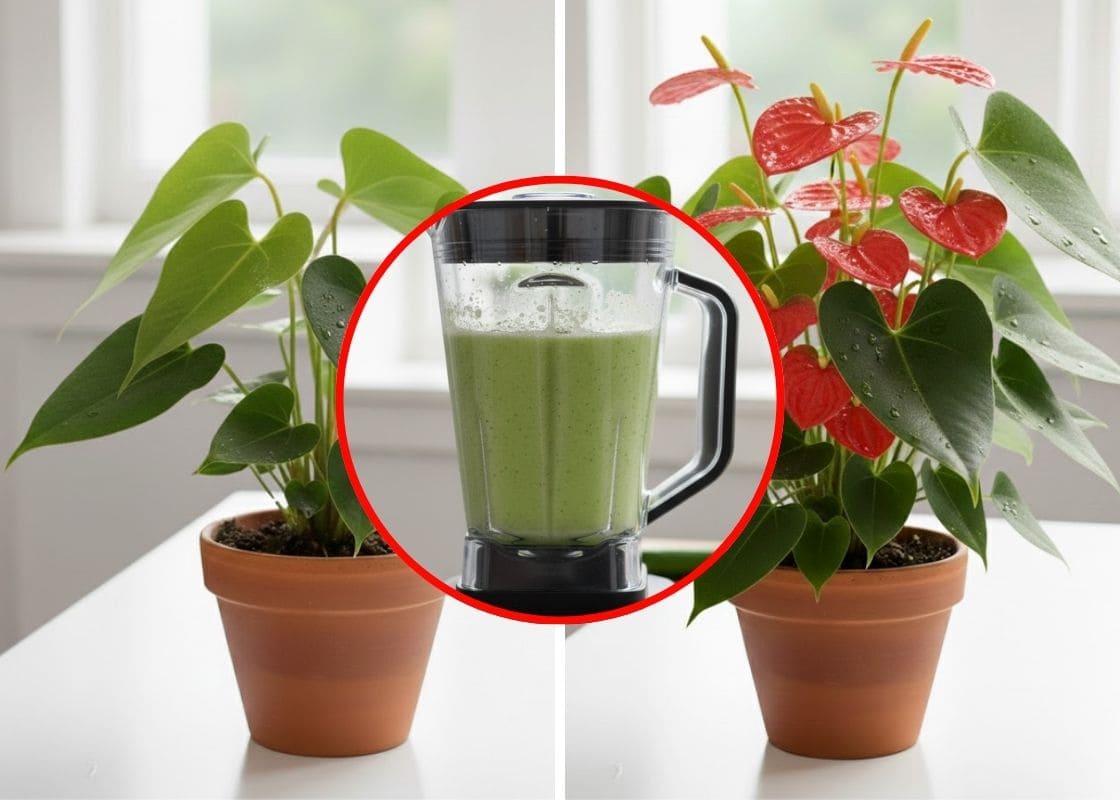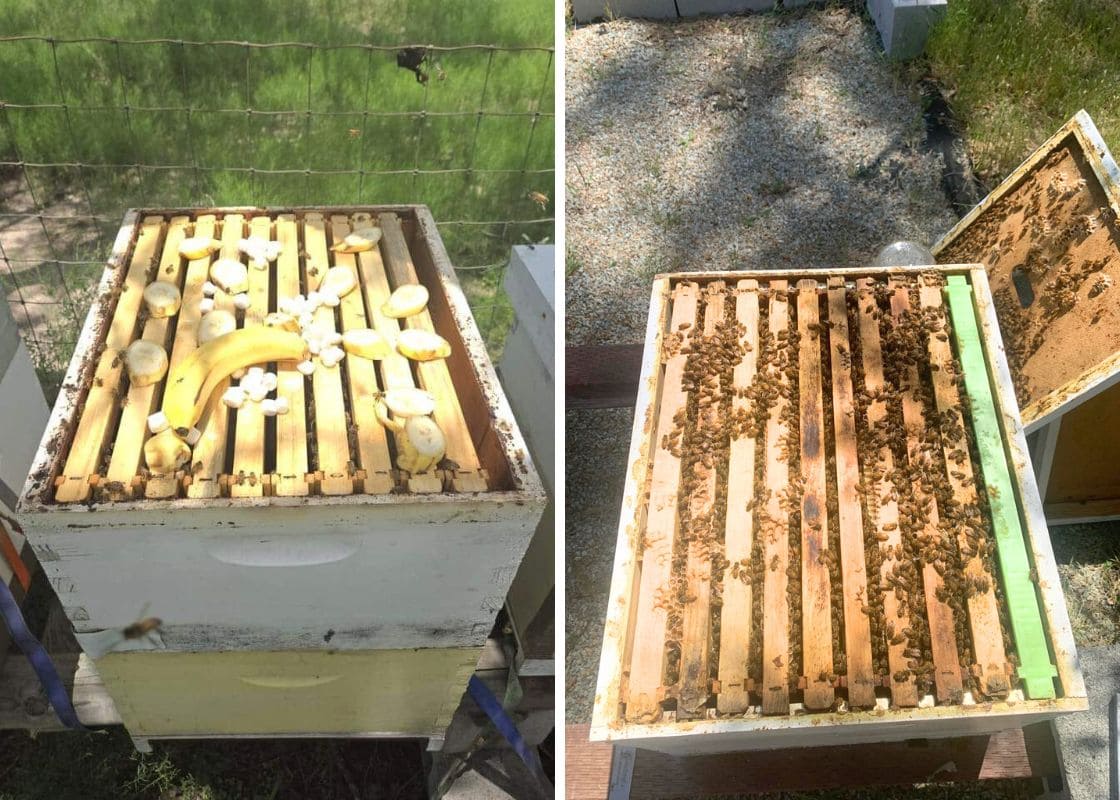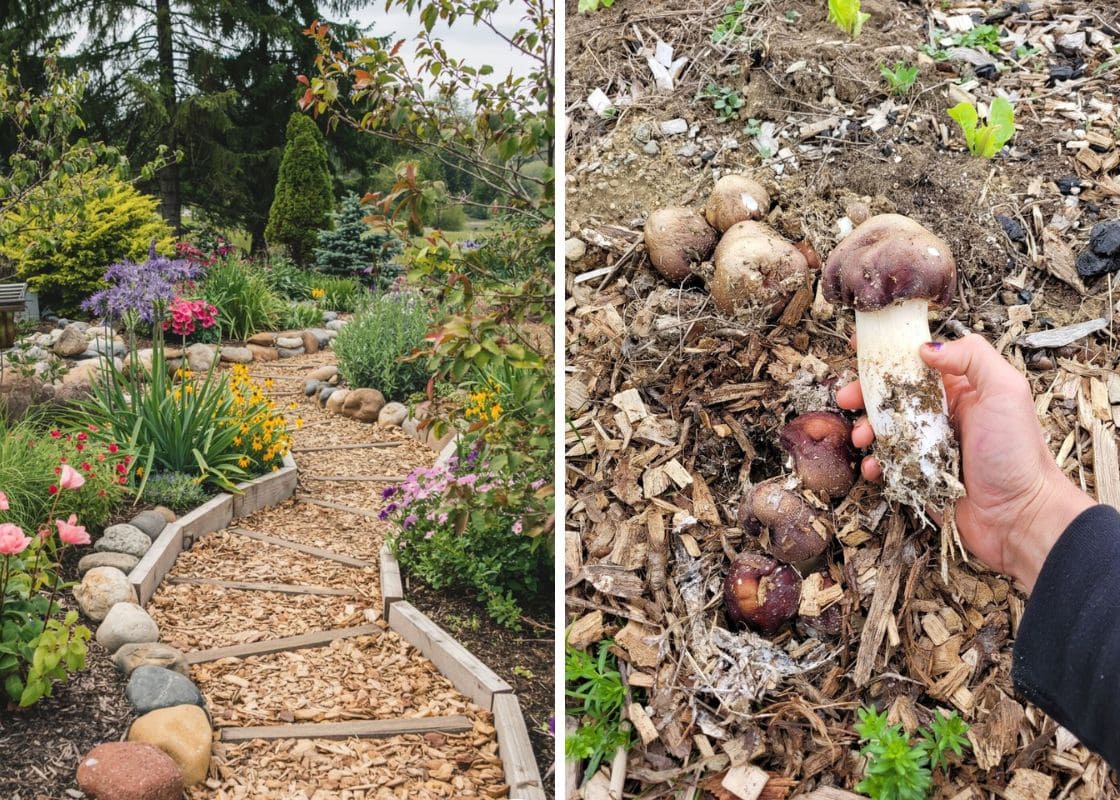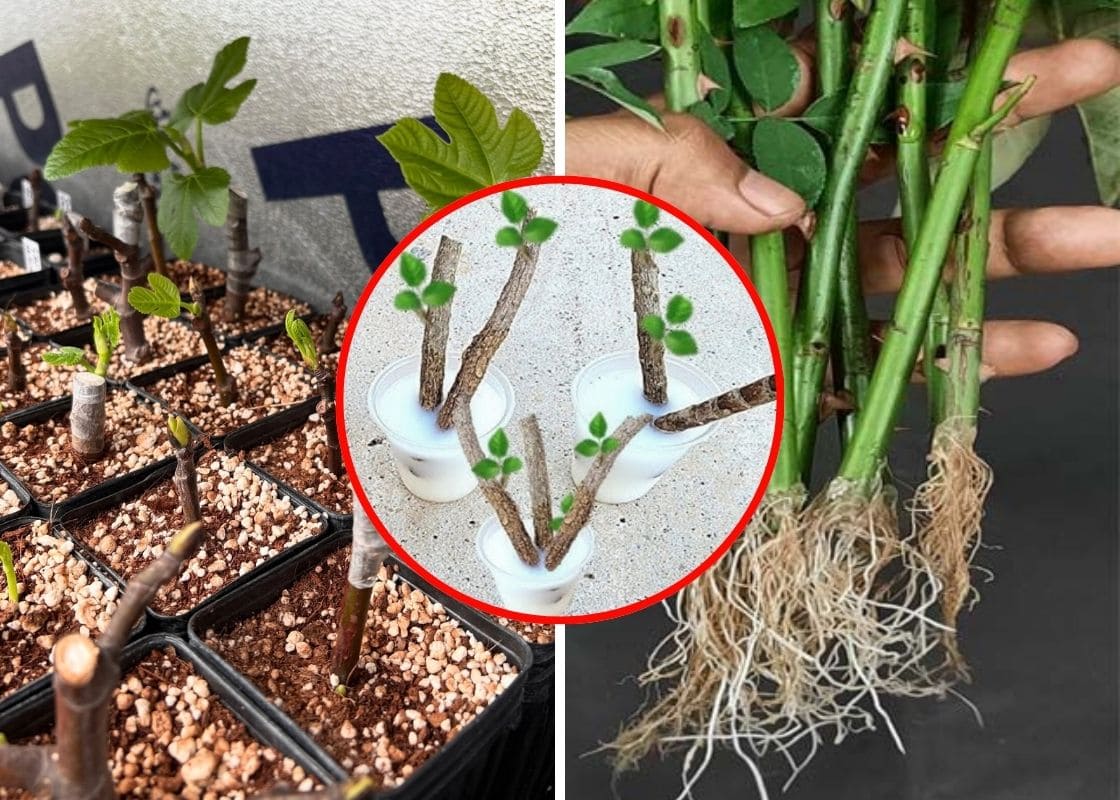Snake plants have earned their reputation as one of the easiest houseplants to keep alive.
They don’t need much water, tolerate low light, and will forgive you if you forget about them for a while.
Still, even hardy plants like these sometimes need a little extra care. That’s where we need lemon juice.
Some gardeners swear by using it, and for good reason.
When used correctly, lemon juice can freshen up your snake plant and even solve a few common problems. Though, don’t overdo it.
So let’s break down why people use lemon juice, how it works, and the safest way to try it yourself.
Why Lemon Juice Helps Snake Plants
Balancing Soil pH
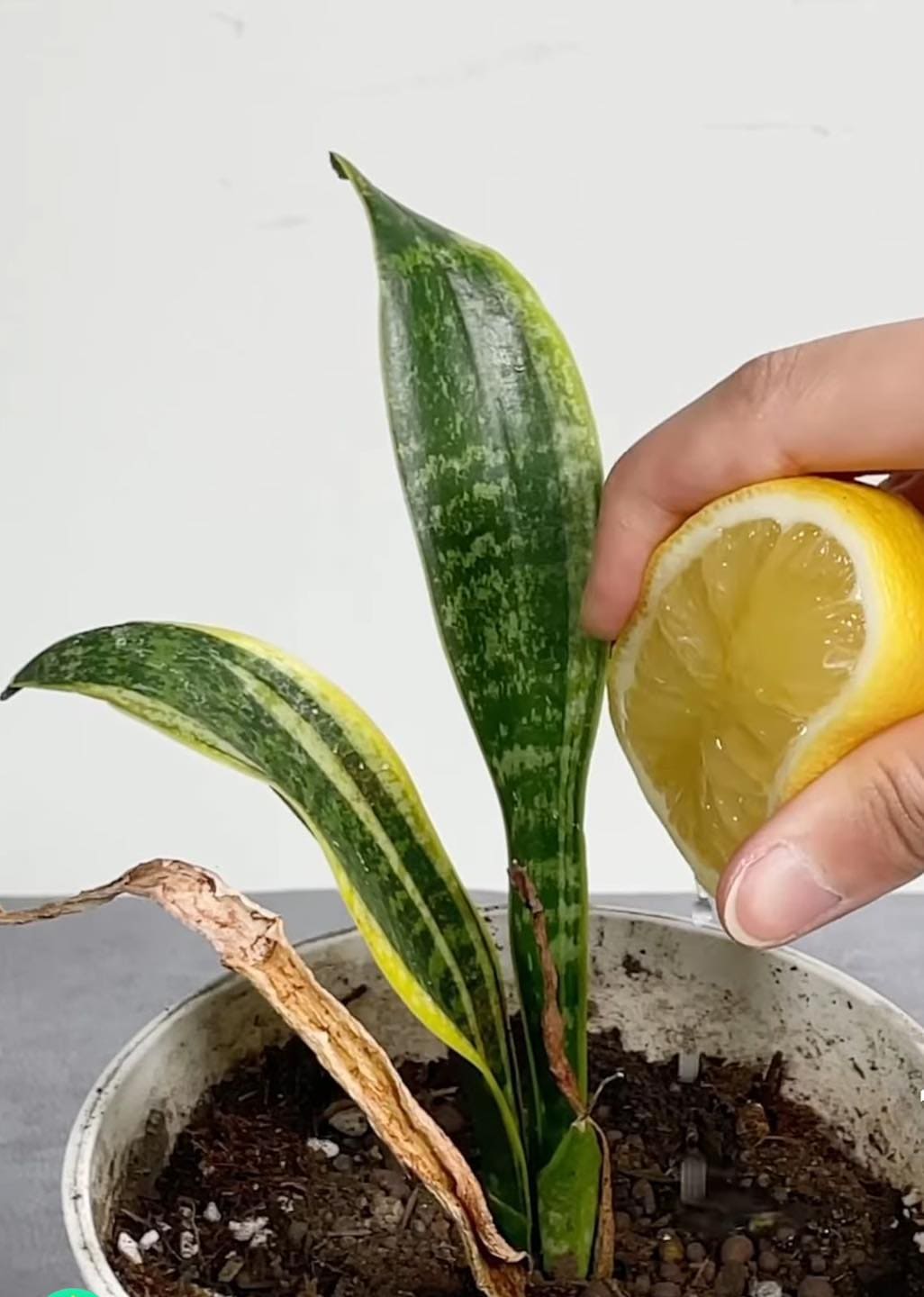
Many people add lemon juice is to adjust the soil’s pH. Snake plants grow best in soil that’s slightly acidic to neutral.
But if you’re watering with tap water that’s more alkaline, the soil can slowly shift out of balance.
That makes it harder for your plant to take up nutrients.
A few drops of lemon juice mixed into water brings things back into the range snake plants prefer, helping them grow stronger and greener.
A Natural Pest Deterrent
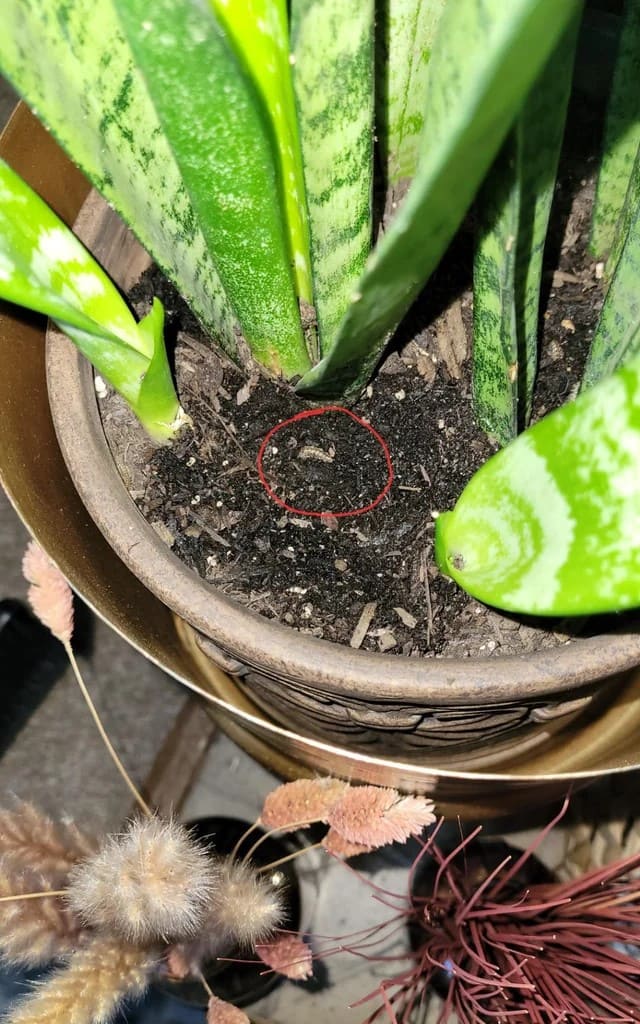
Mealybugs, fungus gnats, and spider mites sometimes show up even on tough plants like snake plants.
Lemon juice has mild antifungal and antibacterial properties.
When diluted, it can discourage pests from making themselves at home.
It’s not a cure-all, but it’s a gentle way to add a little extra protection.
Cleaning Dusty Leaves
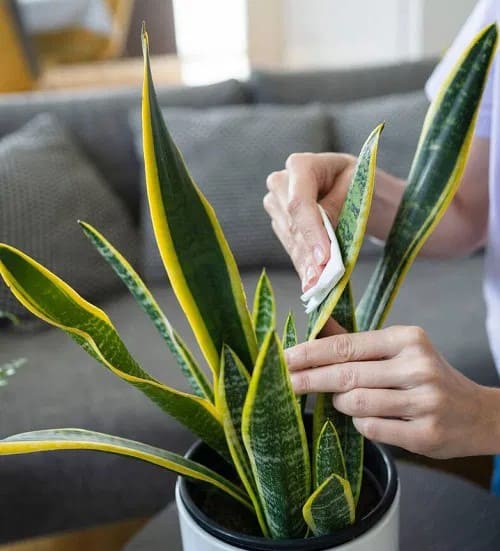
Snake plants have tall, upright leaves that love to collect dust. Over time, that dust blocks light and makes the plant look dull.
A cloth dipped in diluted lemon water is great for wiping them down.
Not only does it clean away grime, but it also helps dissolve water spots, leaving the leaves shiny and fresh.
Reducing Mold and Mineral Build-Up
Some gardeners use lemon juice to deal with mineral build-up on the soil surface or small patches of mold that show up if conditions stay too damp.
The acidity helps flush salts and discourage fungus without resorting to harsher chemicals.
See also: 10 Best Indoor Plants for a Mold-Free Home
How to Use Lemon Juice Without Harming Your Plant
Here’s the most important part: always, always dilute. Straight lemon juice is far too strong for snake plants and will burn roots or leaves.
The safe way is to mix just 2-3 drops of lemon juice into a quart (about a liter) of water.
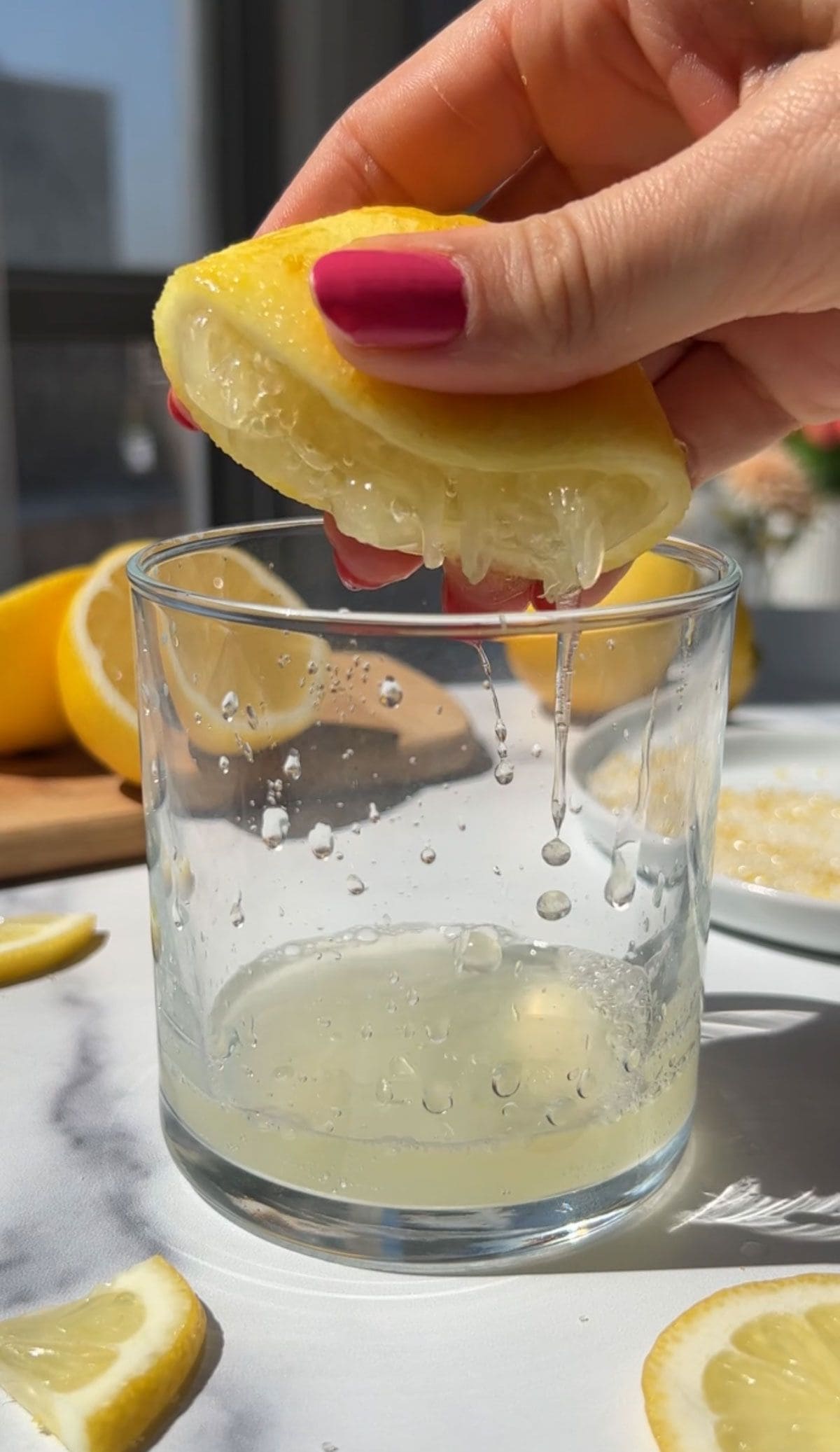
For soil, you just water with this mix only once every month or two, not every time you water.
For leaves, dip a soft cloth into the solution, wring it out, and gently wipe each leaf.
Don’t spray directly, especially if your plant sits in bright light as sun plus lemon water can cause spots.
You should think of lemon juice as a light refresh, not a regular fertilizer.
What Not to Do
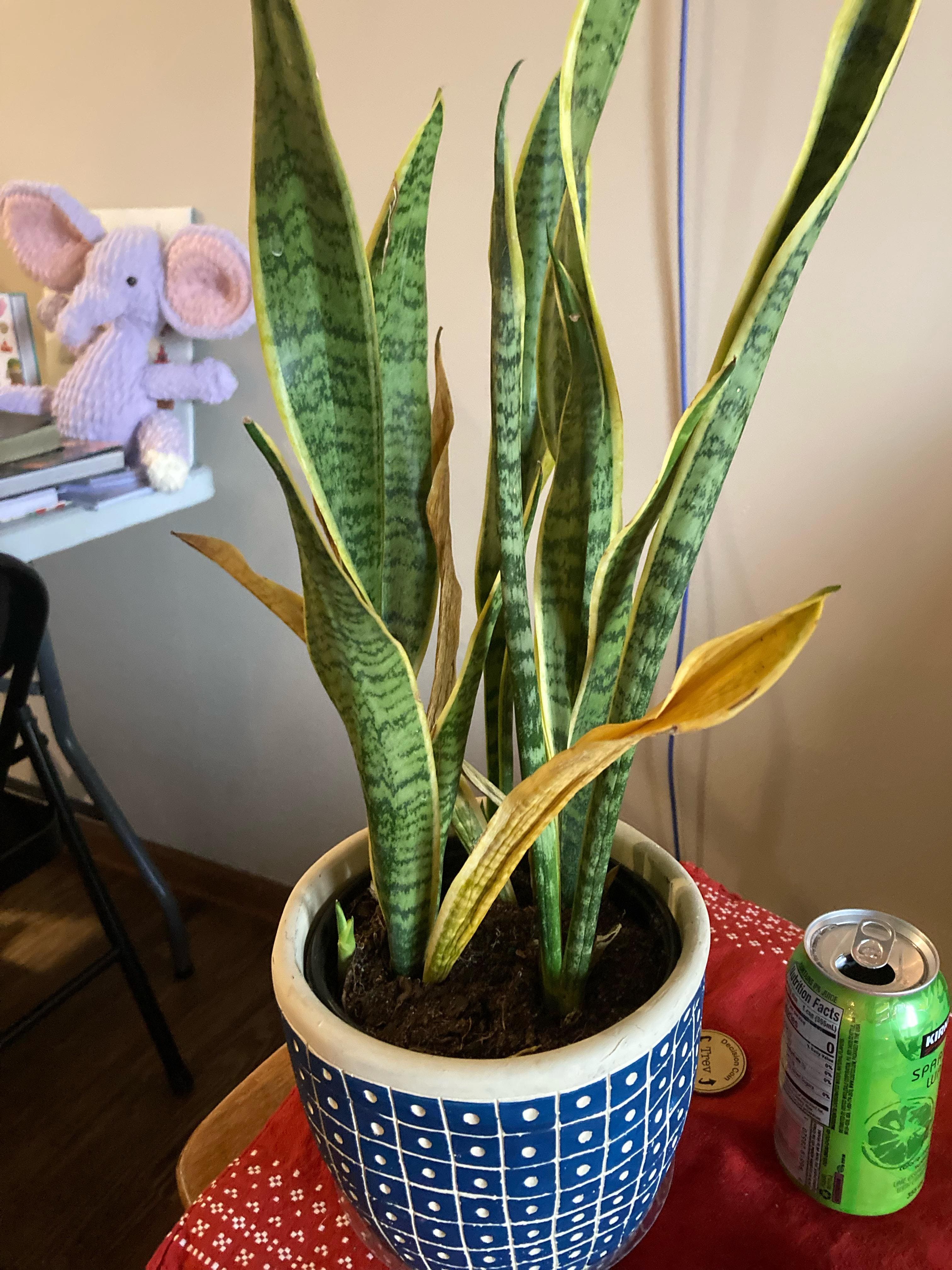
A common mistake is going heavy-handed. Too much lemon juice will push the soil pH too low, which can stress your snake plant instead of helping it.
Another misstep is using lemon juice to treat a major pest infestation.
While it can deter pests, it’s not strong enough to stop a full-blown problem.
And remember: never pour undiluted lemon juice directly onto the plant, it’s guaranteed to burn.
A Gentle Boost, Not a Miracle Fix
Lemon juice is more of a subtle helper than a magic trick. Used sparingly, it can freshen leaves, balance soil pH, and discourage small pest problems.
But your snake plant doesn’t need it often, and it will do just fine without it if you prefer to skip.
If you decide to try it, keep it diluted, go slow, and watch how your plant responds.
